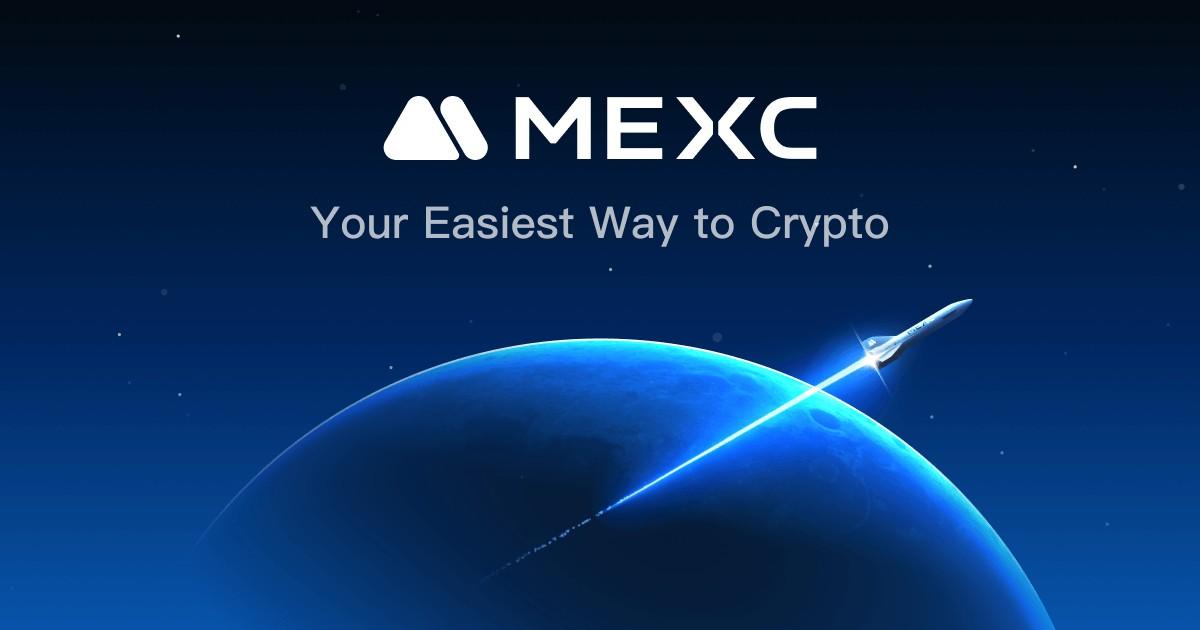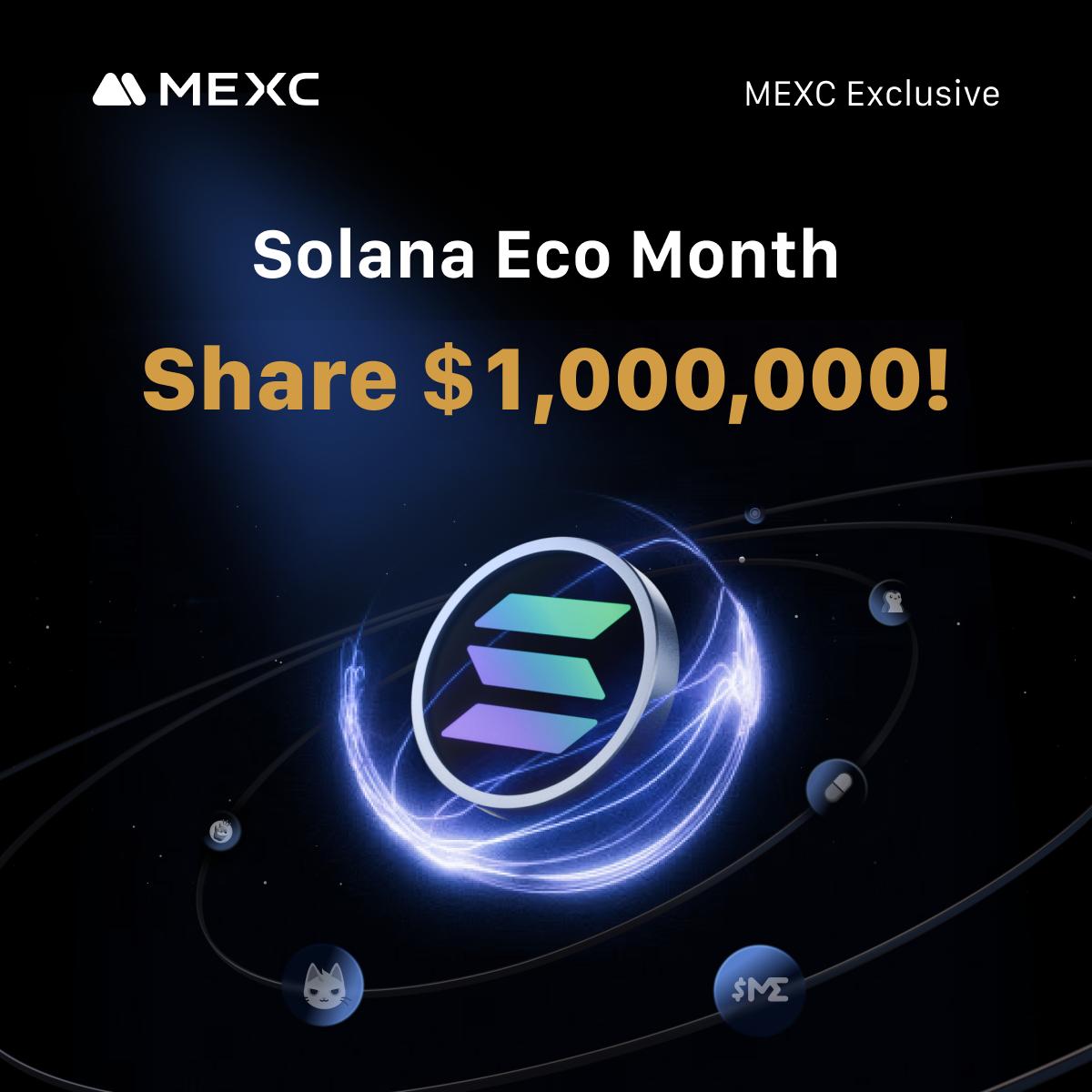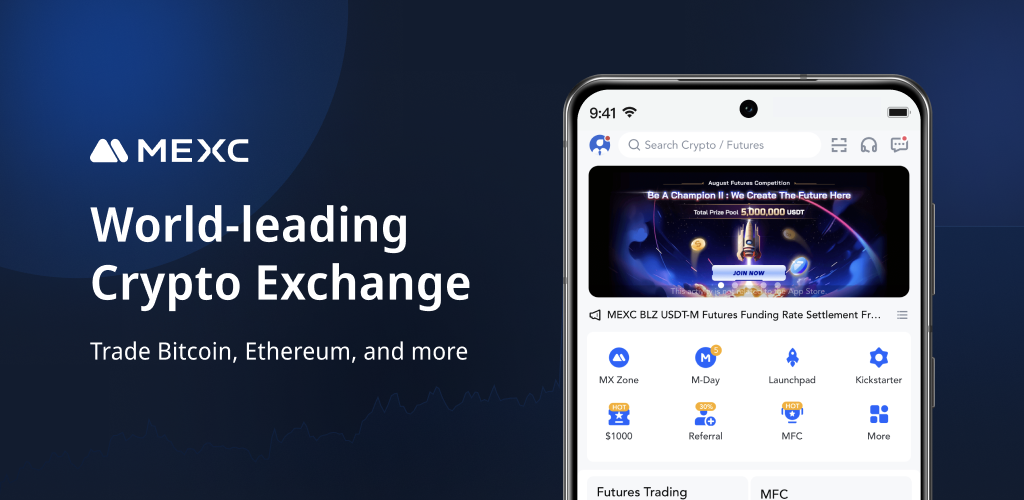
6 minute read
Is MEXC Legal in the Philippines? What You Need to Know
from MEXC
by Exness_India
Yes, Filipinos can use MEXC to trade cryptocurrencies, but MEXC is not officially licensed or registered by the Bangko Sentral ng Pilipinas (BSP), the Philippine central bank. This means MEXC operates as an unregulated foreign exchange platform in the Philippines.
Trading on MEXC is not illegal for Filipino users, but it comes with risks because it is not supervised by local regulators, and users don’t enjoy the same consumer protections as with BSP-licensed exchanges.
In this article, we will explain what this means in detail, explore the Philippines’ crypto regulations, discuss the risks and benefits of using MEXC, and help you make an informed decision about trading on this platform.

✅ Trade with MEXC now: Open An Account 👈
What is MEXC?
MEXC is a global cryptocurrency exchange founded in 2018. It offers a wide range of crypto assets, including altcoins, futures trading, staking, and more. MEXC has rapidly grown into a popular platform worldwide due to its diverse offerings, relatively low fees, and user-friendly interface. It serves millions of users, including many in Southeast Asia.
However, being popular and global does not automatically guarantee that an exchange is legally recognized in every country it serves.
Cryptocurrency Regulation in the Philippines: The BSP’s Role
The Bangko Sentral ng Pilipinas (BSP) is the country’s central bank and the main regulatory authority overseeing financial institutions, including cryptocurrency exchanges.
Since 2017, the BSP has provided clear regulations for virtual currency exchanges operating in the Philippines. The most important points of the Philippine crypto regulatory framework include:
All cryptocurrency exchanges must register with the BSP to operate legally in the country.
Exchanges must implement Anti-Money Laundering (AML) and Know Your Customer (KYC) procedures.
The BSP requires exchanges to protect consumers and ensure transparency.
Cryptocurrency trading itself is legal under these regulations.
Exchanges like PDAX and Coins.ph comply with these regulations and hold official BSP licenses, giving Filipino traders confidence and legal protection.
Is MEXC Registered with the BSP?
MEXC is not registered or licensed by the Bangko Sentral ng Pilipinas. This means it does not have official permission from Philippine authorities to operate as a crypto exchange within the country.
MEXC is an international platform based offshore, and while it allows Filipinos to register and trade, it does so without local regulatory approval. Because of this:
MEXC is considered an unregulated foreign exchange in the Philippines.
BSP does not supervise or enforce local consumer protection standards on MEXC.
Users trade on MEXC at their own risk.
What Does This Mean for Filipino Traders?
The fact that MEXC is not BSP-licensed affects Filipino users in several ways:
1. Legality
Using MEXC is not illegal for Filipinos. There is no law banning individuals from accessing foreign crypto exchanges. However, since MEXC is unregulated locally, it is outside the BSP’s supervision.
2. Consumer Protection
Because MEXC is not licensed by BSP, users do not have the same legal protections offered by BSP-registered exchanges. If issues arise, such as security breaches, fraud, or withdrawal problems, Filipino users have limited recourse.
3. Tax Compliance
Filipino users are still responsible for reporting crypto income and capital gains to the Philippine tax authority (BIR), regardless of the exchange’s licensing status.
4. Fiat Transactions
MEXC typically does not allow direct Philippine Peso (PHP) deposits or withdrawals. Users must convert PHP to crypto on local BSP-licensed platforms first before transferring to MEXC. This adds an extra step and potential complexity.

✅ Trade with MEXC now: Open An Account 👈
Why Do Filipinos Use MEXC Despite the Lack of BSP Registration?
MEXC remains popular among many Filipino crypto traders because:
It offers a wider variety of cryptocurrencies compared to many local exchanges.
The platform has competitive fees and advanced features like futures trading and staking.
It is accessible globally and easy to use.
Some tokens listed on MEXC are not available on local BSP-licensed exchanges.
Many Filipinos use MEXC to access altcoins or trading products that are unavailable locally, while still using BSP-licensed exchanges for fiat on-ramps and off-ramps.
Risks of Using MEXC in the Philippines
Because MEXC is unregulated locally, users should be aware of several risks:
Regulatory Risk: The Philippine government could implement future regulations restricting unlicensed foreign exchanges.
Security Risk: Without BSP oversight, there’s no guarantee MEXC meets Philippine security or operational standards.
Legal Recourse: In cases of fraud or disputes, Filipino users have limited legal options.
Complex Fiat Handling: Users must rely on third-party services to convert PHP to crypto, which may introduce additional fees or delays.
How to Use MEXC Safely If You Choose To
If you decide to trade on MEXC, consider these safety tips:
Use strong passwords and enable two-factor authentication.
Only trade with funds you can afford to lose.
Regularly withdraw profits to a secure wallet.
Stay updated on local regulations and any BSP warnings.
Use BSP-licensed exchanges for fiat conversion and deposits.
Comparing MEXC to BSP-Licensed Philippine Exchanges
For Filipinos seeking safer and regulated crypto trading, BSP-licensed platforms such as PDAX, Coins.ph, and Binance Philippines provide:
Local regulatory oversight and consumer protection.
Direct PHP deposit and withdrawal.
Clear compliance with Philippine AML and KYC laws.
Using these platforms reduces risk but may limit access to certain cryptocurrencies and advanced trading features.
The BSP’s Position on Unregistered Exchanges Like MEXC
The Bangko Sentral ng Pilipinas has publicly warned consumers to be cautious about using unregistered virtual currency exchanges. They encourage Filipinos to:
Trade only on BSP-registered platforms.
Be vigilant against scams.
Report suspicious activities.
While trading on platforms like MEXC is not banned, the BSP promotes the use of regulated exchanges to safeguard users.
Conclusion: Is MEXC Legal in the Philippines?
MEXC is not officially legal as a registered crypto exchange in the Philippines because it lacks BSP licensing. However, it is not illegal for Filipino users to trade on MEXC as a foreign platform. The key takeaway is that MEXC is an unregulated foreign exchange in the Philippines, which means trading on it involves increased risk and fewer consumer protections compared to using BSP-licensed local exchanges.
Filipino crypto enthusiasts can use MEXC, but they should proceed cautiously, understand the risks, and comply with tax reporting laws. For those prioritizing safety and regulation, local BSP-licensed exchanges remain the recommended choice.
✅ Trade with MEXC now: Open An Account 👈
Read more:








